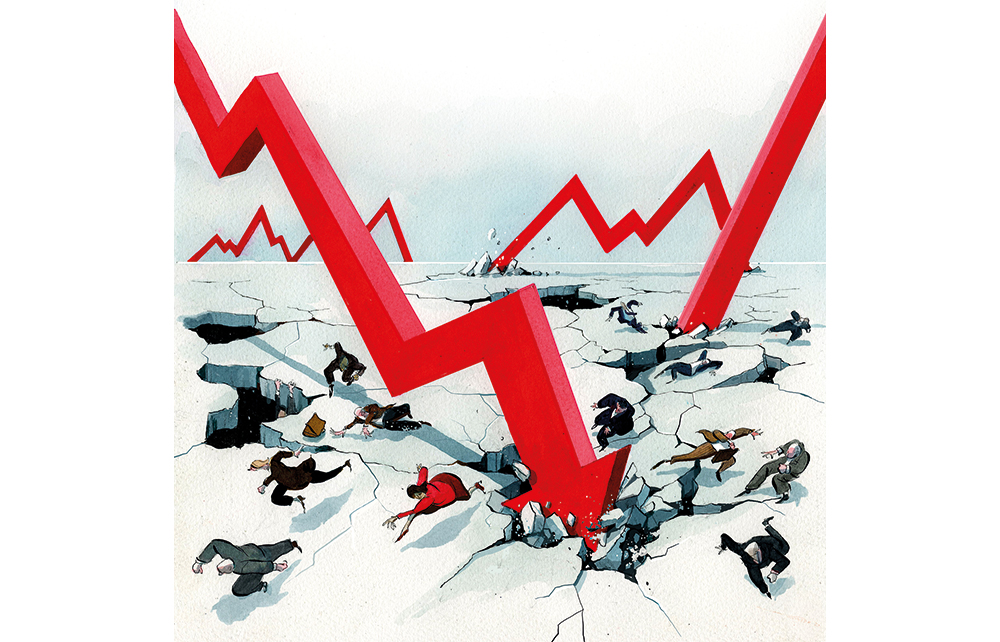Will the Bank of England raise interest rates again? We’ll know for sure next Thursday, when we get the Monetary Policy Committee’s next announcement on the base rate, but today’s decision from the Federal Reserve to hike rates again makes it more likely that the Bank will follow suit.
The Fed has announced another interest rate hike: a quarter of a percentage point, taking the rate to 5 – 5.25 per cent. This tenth consecutive hike in the United States has taken its key interest rate to the highest level since 2007 – approximately where rates sat before the financial crisis hit.
This has caused plenty of controversy across the pond, as fears grow that further hikes risk tipping the US economy into recession. The inflation rate in the States sat at 5 per cent on the year in March, but core inflation (which excludes fuel and food) slightly increased in March, up to 5.6 per cent. So the Fed has raised rates once again, in an effort to get price hikes under control.
The UK is suffering a similar problem – but on a much larger scale. Core inflation is also refusing to budge, sticking at 6.2 per cent on the year in March, the same rate as in February. But in Britain, CPI is double that in the States, with the rate of inflation coming in at 10.1 per cent on the year in March – above what the consensus expected the rate to be by this point in the year.
Both the Fed and the Bank find themselves in the same tricky situation: having failed to act on price rises early on, both central banks have been playing catch-up. They were too late to the game to keep prices under control – but having suffered a hit to credibility, have had to keep hiking rates, putting a damper on economic growth. The Fed is clearly hoping this is the end of the line: it softened its language in its statement today, no longer preparing investors for further rate hikes, but rather noting that a myriad of factors – including economic growth – would feature in the ‘extent to which additional policy firming may be appropriate.’ In other words, interest rates may still rise, but it is by no means certain. The Bank of England may not have the same luxury. With the rate of inflation still in the double digits, it’s very hard for the Bank to let up on rate rises without being accused of ignoring its remit – to hit a target of 2 per cent – so soon after it failed to see a big spike in inflation coming. Virtually zero economic growth in the UK, combined with evidence that wage spirals have been avoided, will make the more dovish members of the MPC lean towards holding the base rate where it is. But when the Fed is still hiking rates, despite the US having a much lower headline inflation rate, it makes it increasingly difficult for the BoE to stand still next week.







Comments